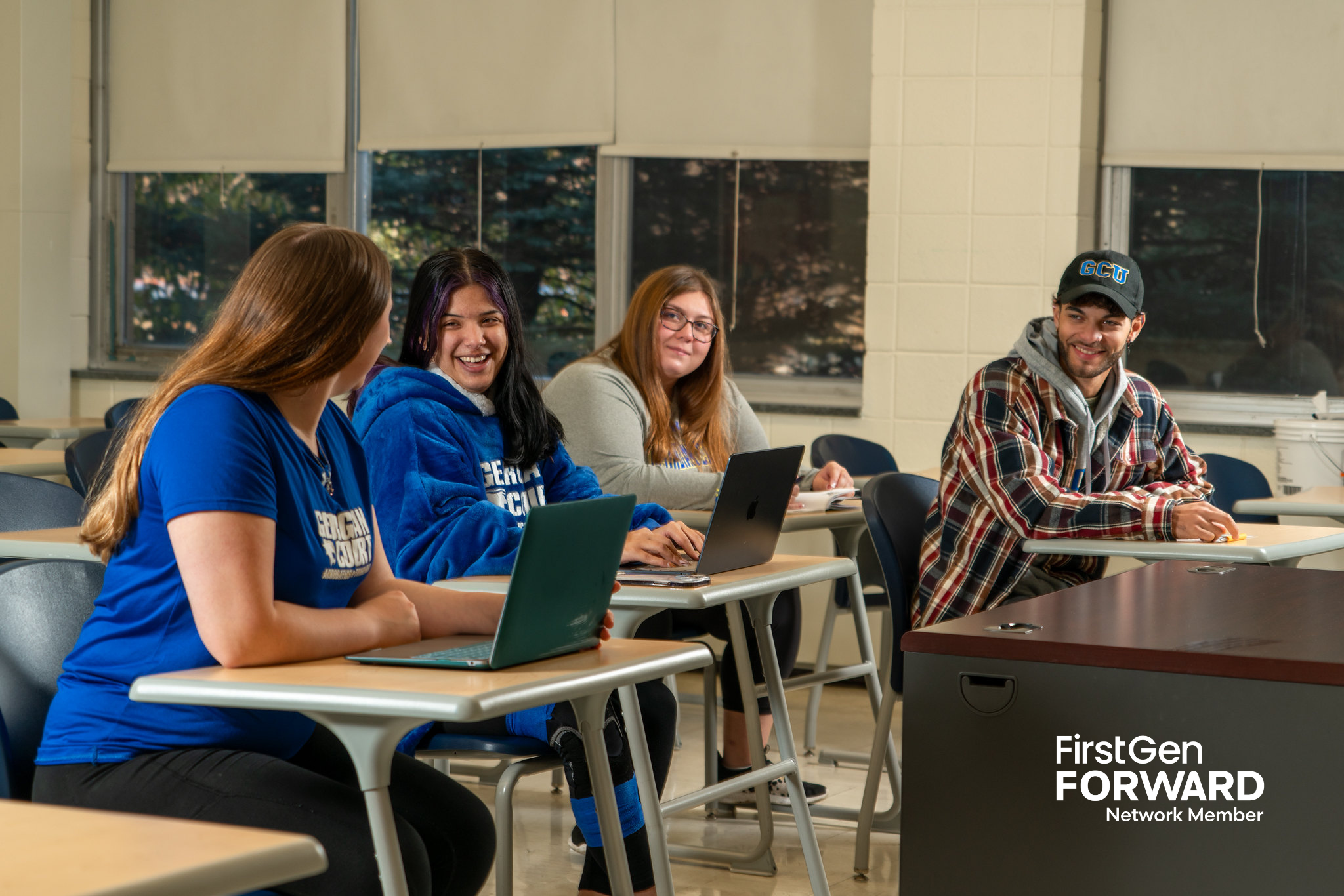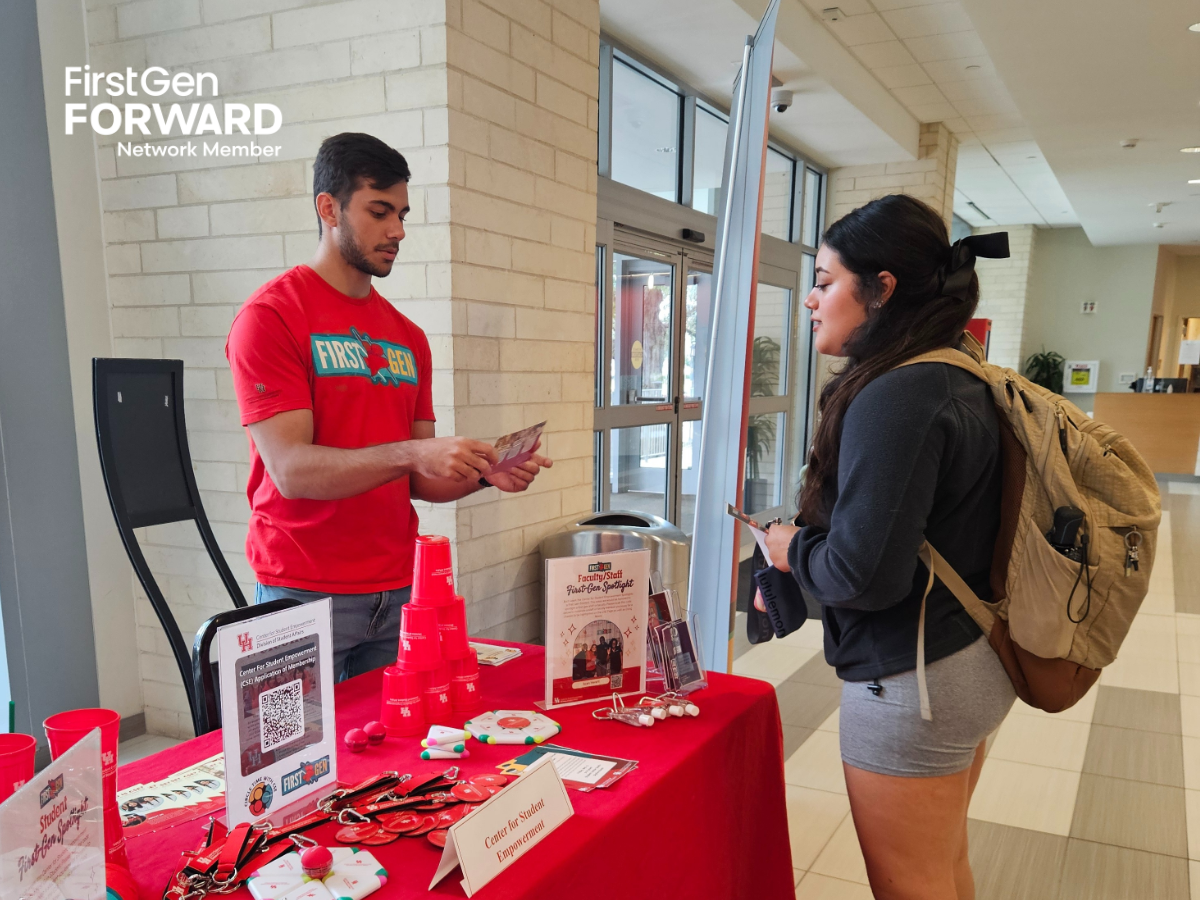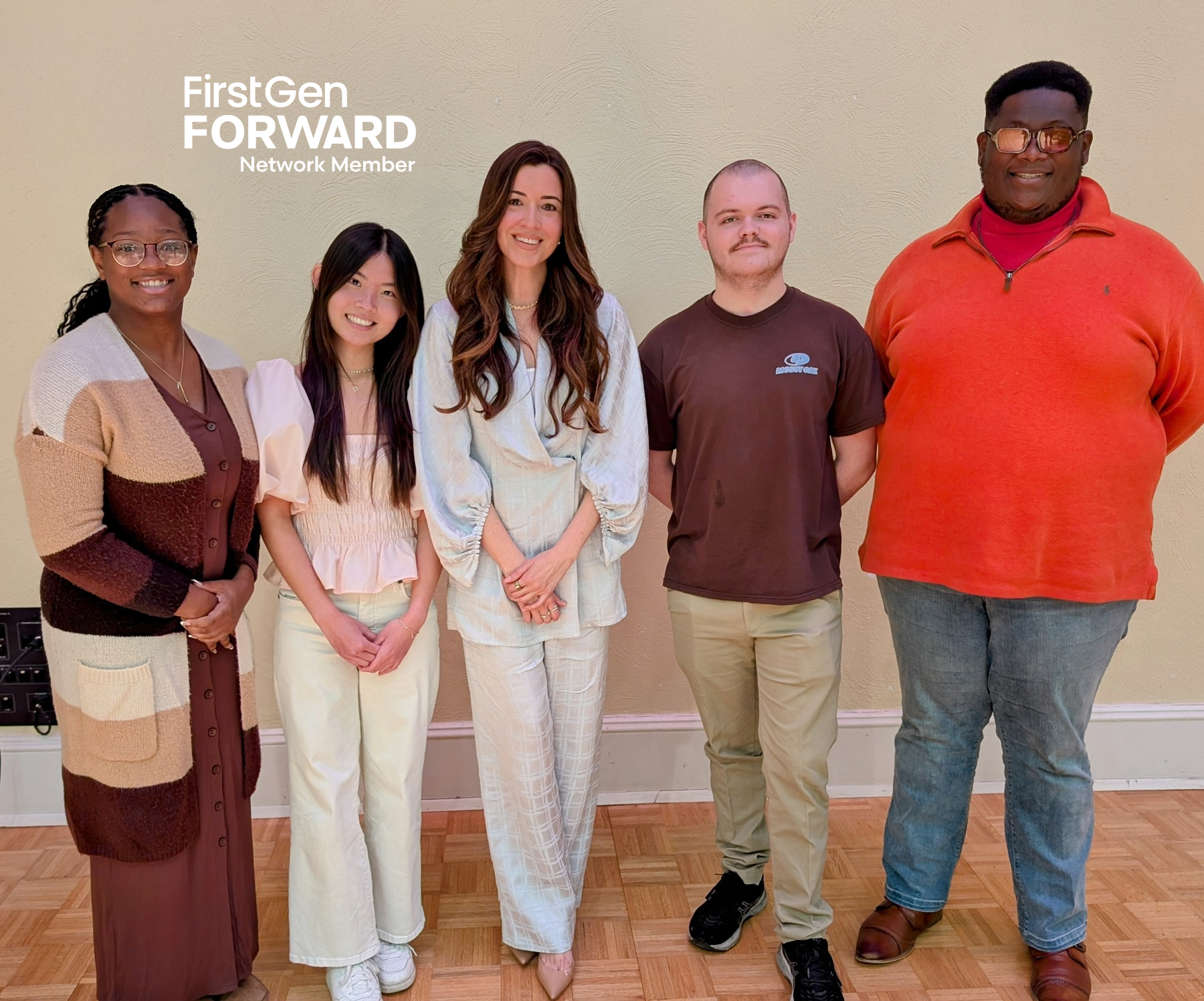At Georgian Court University (GCU), we’ve spent the past year listening closely to students who were struggling academically. Many of them were first-generation students—brilliant, hardworking, and deeply committed to earning their degree—but they were also navigating a system that wasn’t designed with them in mind.
We heard the same messages again and again:
“I didn’t know where to go for help.”
“I already felt like a failure.”
“By the time I thought about reaching out, it felt too late.”
These conversations sparked a change.
This fall, we’re launching a new academic recovery course designed specifically for students on academic probation or returning from suspension. More than a course, it’s a reimagined support model grounded in care, structure, and partnership.
What We Were Asking Students to Do
Previously, when students fell below GPA requirements, the process was reactive. They were expected to schedule meetings with student success staff, navigate appeals, and raise their performance—often with minimal guidance. On paper, the support existed. But in practice, many students—especially first-gen students—felt overwhelmed and ashamed.
They avoided the very resources that could help because they feared judgment or believed their situation confirmed what they already feared: that they didn’t belong.
And when the only message you hear is “fix it,” it’s hard to believe anyone sees your potential.
What This Course Offers Instead
The new academic recovery course flips that approach on its head. Rather than waiting for students to come to us, we’re meeting them proactively—with structure, community, and a clear path forward.
The course includes weekly sessions covering:
• Academic mindset and motivation
• Time management and productivity strategies
• Goal setting and self-advocacy
• Campus navigation and building academic relationships
Each student also receives one-on-one coaching to personalize their experience and create an action plan aligned with their specific strengths and challenges.
One first-gen student, after reviewing the plan for the course, shared:
“If this had existed last year, I wouldn’t have felt so alone. It finally feels like someone expects me to make it.”
A Culture Shift: From Punitive to Supportive
We’ve also been intentional with our language. These students aren’t “on probation”—they’re “on a path to success.” This reframing is powerful, particularly for first-generation students who often internalize academic difficulty as personal failure.
By centering encouragement and skill-building rather than consequences, we’re creating an environment where students are more likely to engage because they feel like they matter.
Faculty Partnership Makes It Work
One of the most exciting pieces of this initiative is the strong support from faculty across campus. They understand that academic difficulty is often situational, not ability-based. Their buy-in helped shape the curriculum and send a clear message: We believe in your potential, and we want you to thrive.
What’s Next
This course is just one step in a broader plan toward a model of student success that is proactive, compassionate, and equitable. We’ll continue to gather feedback and evolve the course as needed, but the message to our students is already clear:
You are not alone. You are not behind. You are building momentum—and we are with you every step of the way.
For more information on Georgian Court University's approach, please visit their website here.


